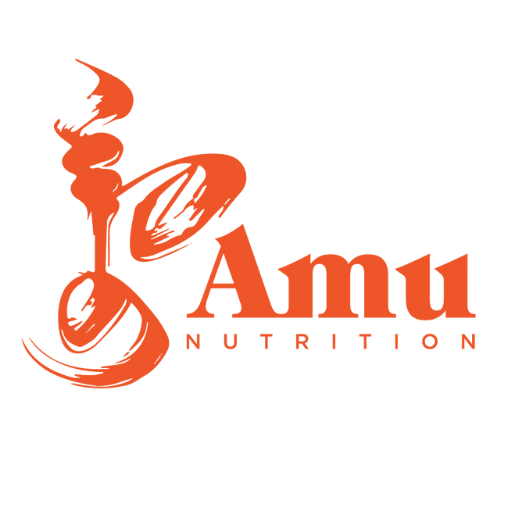At Amu Nutrition, we cultivate Tartary buckwheat and beans on our chemical-free farm, while the rest of our herbs are ethically wild-harvested from Mongolia’s pristine landscapes. We’re committed to preserving biodiversity and never harvest rare or endangered species. Our harvesting philosophy goes beyond organic—these herbs grow as nature intended, without human interference, ensuring unmatched purity, potency, and integrity in every cup.
This product fixed me, my hot flashes, the panikk and all the stiffness and dullness and honest trauma menopause brings. 1000% recommnedeed, shared with my sister and my girl squad of 4. i can go out and eat ice cream now haha
They are very over roasted. When I cooked them as a frain dish a horrible smell filled my home and it didn't leave for quite a while. When I reheated leftover grain it put the smell in the air again. And the taste was too strong of roasting too. I buy un-roasted tartary buckwheat groats from Europe and when cooked they smell and taste great. Your's says lightly roasted and it's less expensive so I figured it would be good, but it's horrible and after cooking it one time I'm throwing the rest away so it's ending up an expensive purchase.



